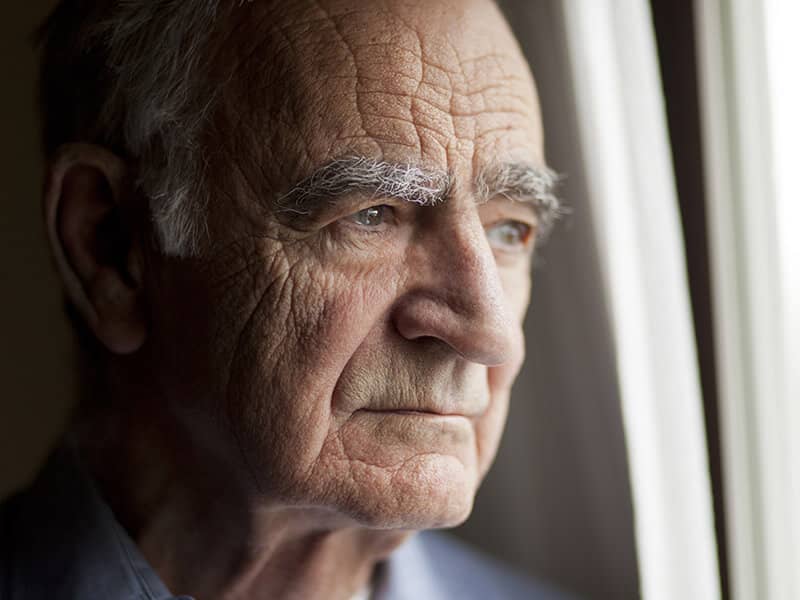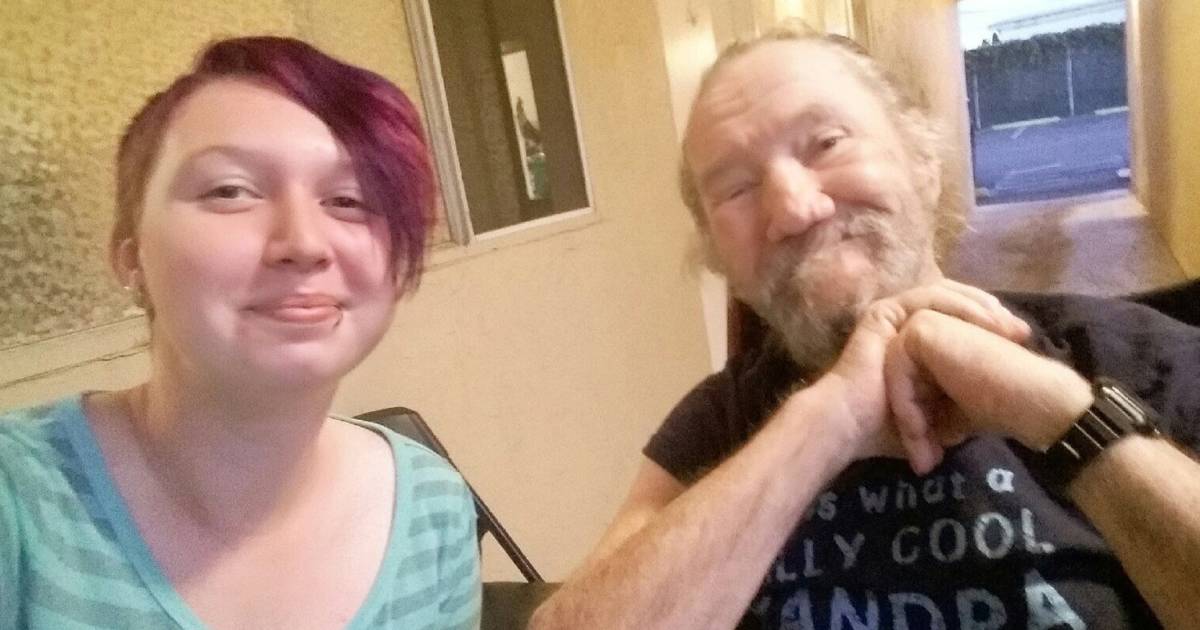
"Do you sometimes feel completely out of control as if the world has been turned upside down and you can’t find the reset button? Do you fear someone you know is living with the symptoms of Alzheimer’s disease without a diagnosis? Has someone close to you recently been diagnosed with some form of dementia? Do you feel sad, isolated or angry as you search for answers to questions you’re not even sure how to ask?"
Posts published in “Awareness”

"The caregiving needs for someone living with Alzheimer’s are extensive and increase over time — on average four to eight years following a diagnosis. Many family caregivers juggle competing priorities, becoming stretched thin and stressed. Most could use help. Here in Missouri, there are 316,000 family caregivers. During November – National Alzheimer’s Disease Awareness Month and National Family Caregivers Month – the Alzheimer’s Association recognizes and honors Alzheimer’s caregivers. We applaud these resilient men and women who do so much for those they love in their most difficult times. Caring for a loved one with memory loss can be rewarding and uplifting. It can also be emotionally, physically and financially draining. Caregivers need to take care of themselves..."

Reducing your risk of Alzheimer’s: what one Greek island shows us copied!
There’s a 50-50 chance a person in America will be diagnosed with Alzheimer’s disease after age 85 – but on a Greek island, the disease is almost non-existent.
Is that because of their genes, or the food they eat, or the air they breathe?
NBC special anchor Maria Shriver goes to an unlikely place, Cleveland, to find some answers.
![]()
"The second movement of Ludwig van Beethoven's Seventh Symphony begins with a minor-key rhythm in the cellos. It sounds like a background rhythm, which it becomes when the violins introduce a second, soaring and entirely different melody. One half the Baltimore Symphony is on stage playing one thing; the other half, another. Next to me, my wife, Carol, leans forward and smiles. Beethoven must have been in a good mood when wrote this, perhaps a bit nostalgic, whimsical. Carol appears to appreciate what he was doing. That surprises me. Carol understands very little these days. Sixty-nine years old, she is six years into early onset Alzheimer's disease, halfway through what former President Ronald Reagan, who also had Alzheimer's, called "the journey that will lead me into the sunset of my life.""

"Drs. Dean and Ayesha Sherzai, co-directors of the Brain Health and Alzheimer’s Prevention Program at Loma Linda University Health, encourage many to take control of their lifestyle choices because they play a significant role in their long-term healthcare. Two Loma Linda University Health neurologists are on a mission to prevent or reverse Alzheimer’s disease — which affects more than 5 million people in the United States — by educating their patients and the community to implement protective factors centered around healthy eating, regular exercise, restful sleep and optimal activities to challenge the mind."

"Elaine May returns to Broadway after more than 50 years away from the stage in the recently opened "The Waverly Gallery." The play, written by Academy Award winner Kenneth Lonergan, portrays the toll Alzheimer's takes on a family. May, 86, is known as part of the comedy duo Nichols and May, and for directing films including the 1972 romantic comedy "The Heartbreak Kid." Her latest performance as Gladys Green, a grandmother in the early stages of the disease and who is on the brink of losing her Greenwich Village art gallery, is emotionally crushing."

"After long days at school and work, she and her mom, Robyn Forbes, come home to care for Hailey’s 82-year-old grandfather, Jim, who has Alzheimer's. A former naval officer, he now struggles with everyday tasks, sometimes forgetting his family's names — a very different person than the man they grew up with.
“I describe him as my rock. He was strong, smart, funny — everything that you could ask for in a dad,” Forbes said."

"Caregivers who understand the disease process of dementia and how to approach the person as the disease progresses are better able to provide an environment that helps the person live as full a life as possible. Remember that everyday activities become more challenging and confusing to a person with Alzheimer’s. Here are some practical tips for caregivers.
When performing daily activities like bathing, it is best to maintain old routines and make bathing relaxing. Simplify the task by assisting as much as needed. Don’t expect participation — even if yesterday they were willing. Every day is different. Assure safety to avoid falls. The person may be more frightened of getting into a tub or shower. A safety assessment should be done regularly as the disease progresses. In addition, people with dementia do not tolerate the cold so make sure the bathroom is warm."

"Researchers from Hong Kong Baptist University (HKBU) have discovered a new nanomaterial which could enable the early detection and diagnosis of Alzheimer’s disease...Non-toxic and sensitive to detection, the new material can easily pass through the blood-brain barrier, enabling clear imaging—and detection—of the protein plaques which cause Alzheimer’s disease. The nanomaterial also shows a potent neuroprotective effect against the toxic protein."

Tony Wagoner never expected to become a round-the-clock caregiver, but in his words, "You never know what's going to happen in life." Tony Wagoner and his wife, Pat Wagoner, moved to Central Florida from North Carolina in 1979 and never looked back. After he retired in 2012, Tony and Pat Wagoner took a trip to Yellowstone National Park, the beginning of what was expected to be new chapter filled with adventure. He said that was their last trip together. "Alzheimer's disease, saw the beginnings of it in about 2012 with some memory issues, forgetting how to be able to adjust the thermostat, she started having some issues with the stove," Tony Wagoner said. Pat Wagoner's health began to decline, and by 2015 she was hospitalized and officially diagnosed with Alzheimer's disease. By September 2016, Pat Wagoner needed 24-hour care and her husband became her full-time caregiver. "I said, 'Don't you worry, I'm going to take care of you,' I said, 'We're going to see this thing through right here in this house,' and I still say that," Tony Wagoner said.
